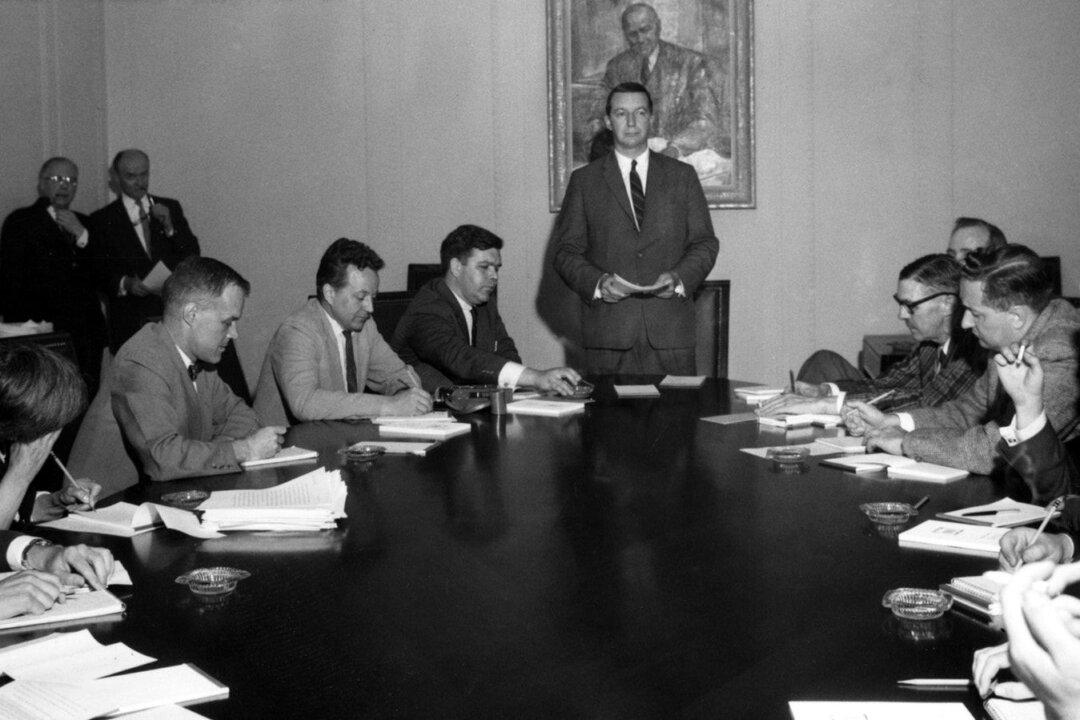Commentary
Former U.S. President Donald Trump said earlier this month that if he returns to the White House he won’t reappoint Federal Reserve Chair Jerome Powell. The two often sparred during Trump’s tenure as president, a rarity in U.S. politics.

Former U.S. President Donald Trump said earlier this month that if he returns to the White House he won’t reappoint Federal Reserve Chair Jerome Powell. The two often sparred during Trump’s tenure as president, a rarity in U.S. politics.